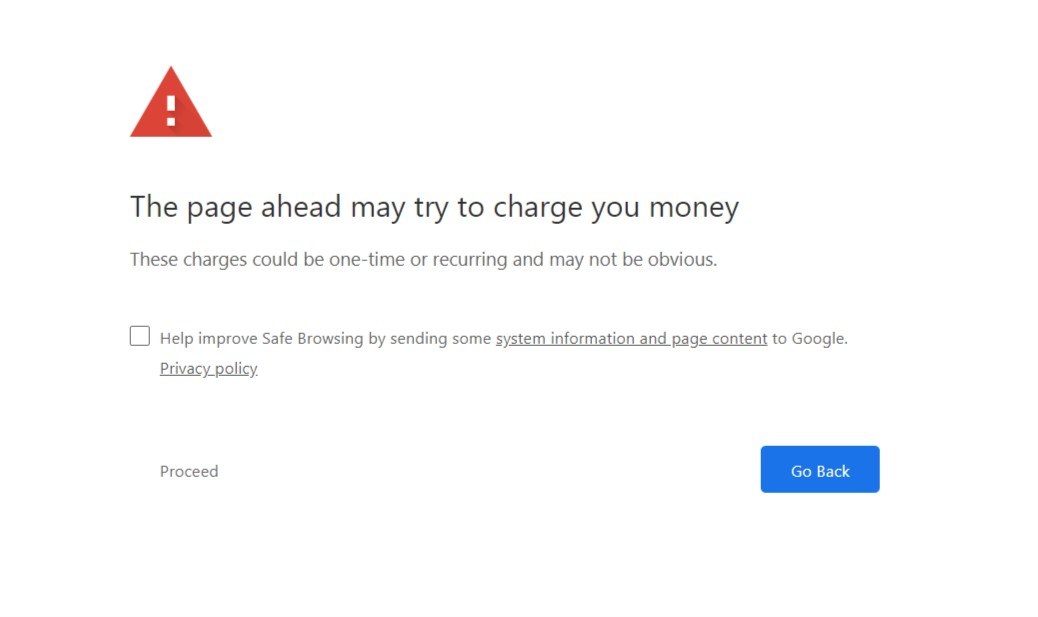


In Asia-Pacific, for example, mobile ad-blocking is a much bigger phenomenon than in the West. He said: "Our research has pointed toward the threat of mobile as a potentially huge disruptor. 87.4%.īut Bill Fisher, senior analyst at eMarketer, warned that mobile ad-blocking could still prove to be a "ticking time bomb" for brands. Next year, the gap is expected to narrow, but only slightly, to 37.3% vs. Of the 11.4 million people using them this year, only 33.8% are doing so on mobile, compared to 89% who do so on desktop and laptop.

It said the downward revision was because ad-blocking on mobile had not grown as quickly as expected. The market research company has forecast that 20.9% of UK internet users would use the software in 2017, a substantial drop from last year, when it expected the rate to hit 27% by the end of this year.ĮMarketer now forecasts that 22.2% of UK internet users, or 12.3 million people, will use ad-blockers by the end of 2018.


 0 kommentar(er)
0 kommentar(er)
